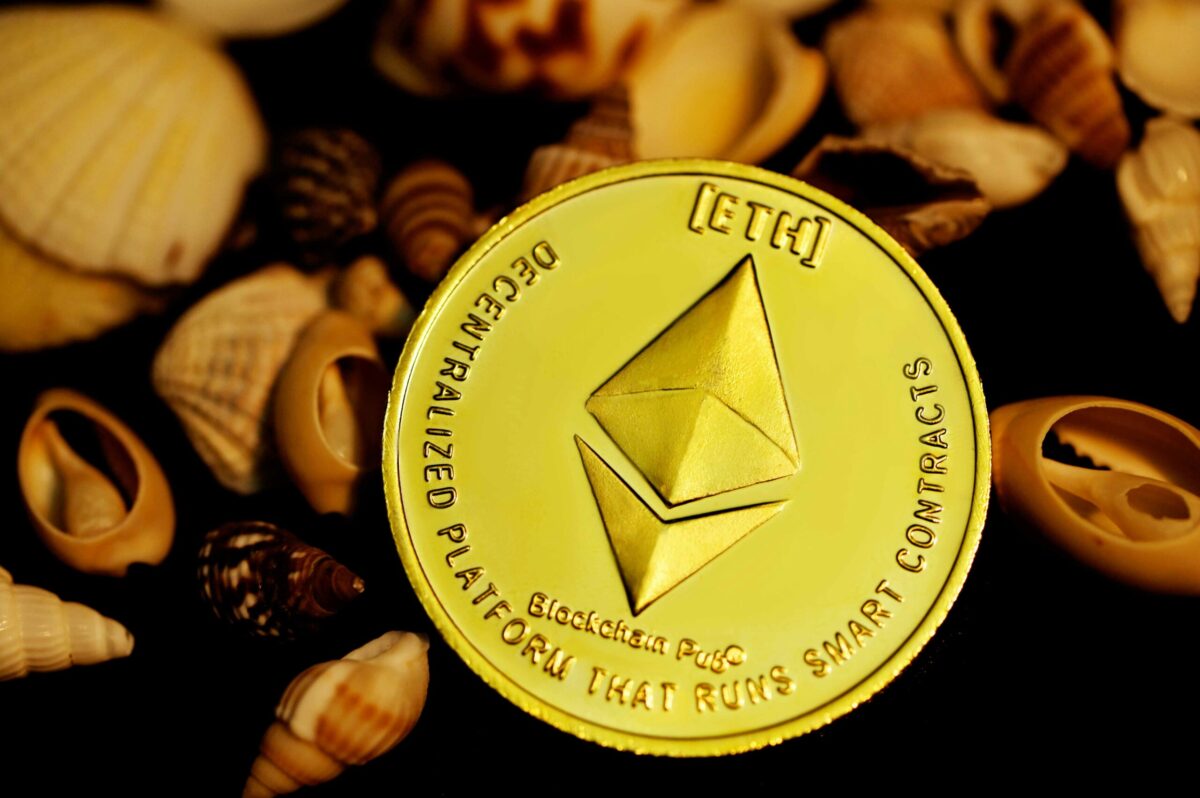Taiwan’s financial watchdog, the Financial Supervisory Commission (FSC), has unveiled a comprehensive set of guidelines designed to enhance customer protection within the virtual asset services provider sector.
Among these new guidelines include a ban on derivative crypto products, more anti-money laundering restrictions, and increased requirements for offshore exchanges.
“The guiding principles strengthen the platform’s customer protection from aspects such as transaction information transparency, customer asset custody methods, platform operators’ internal control management, and external expert assistance,” the press release said.
Ban on derivatives
In a significant move from the FSC, it has now prohibited cryptocurrency platforms from engaging in derivative transactions that involve virtual assets as underlying assets.
The FSC’s reasoning behind this ban is rooted in concerns about the highly volatile nature of virtual asset prices.
The document said: “Considering that the price of virtual assets fluctuates violently and prices are easily manipulated, and derivatives transactions are more complex than traditional financial products, derivatives with virtual assets as the underlying target are more difficult for ordinary people to understand.”
Those found breaking these guidelines could face prison time and fines.
Offshore exchanges require approval
The FSC has also specified that offshore cryptocurrency exchanges seeking to operate within Taiwan must register with the commission. Foreign virtual asset platform operators are required to adhere to company laws and declare their compliance with anti-money laundering regulations if they are opening their business to Taiwan customers.
Recent reports have indicated that Binance, the world’s largest crypto exchange, is in the process of registering in Taiwan to ensure anti-money laundering compliance.
Strengthened anti-money laundering measures
Taiwan has been proactive in combating money laundering in the virtual asset industry since the introduction of anti-money laundering rules by the FSC in July 2021.
The newly issued guidelines further extend the scope of compliance to include individual currency dealers.
Individuals engaged in virtual asset business are now required to respect anti-money laundering laws and submit statements of compliance with the Financial Supervisory Commission. These statements must meet the same standards as those required of legal person organizations.
Self-regulation on the horizon
Following the official release of the FSC’s guidelines, Taiwan’s cryptocurrency platforms are expected to establish an industry association. This association will be tasked with developing self-supervisory rules that align with the newly issued guidelines.
At the time of writing, nine cryptocurrency exchanges in Taiwan have formed a working group in anticipation of the industry association’s establishment.
This collaborative effort includes major players in Taiwan’s crypto exchange ecosystem, such as MaiCoin, BitoGroup, and ACE. Winston Hsiao, Cofounder and Group Chief Risk Officer (CRO) of XREX, serves as the working group’s convener.
The press release from the FSC said this group will “guide operators to strengthen internal controls, and further strengthen the protection of customer rights and interests”.
The FSC concluded its press release with a poignant reminder for individuals involved in virtual asset trading. It urged caution due to recent illegal incidents on foreign virtual asset trading platforms and the highly volatile and speculative nature of virtual asset prices. The Financial Supervisory Commission emphasized the importance of careful risk assessment when buying and selling virtual assets.


